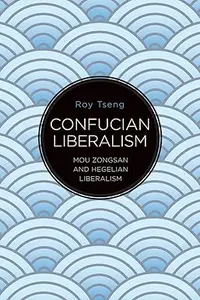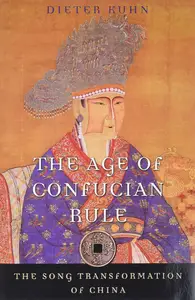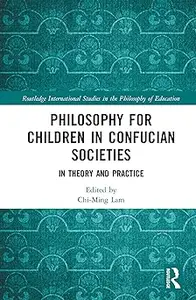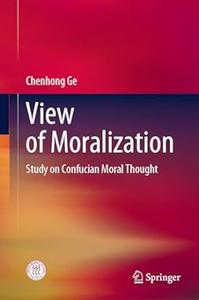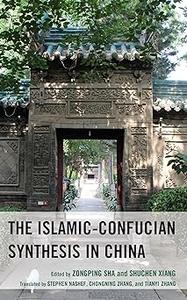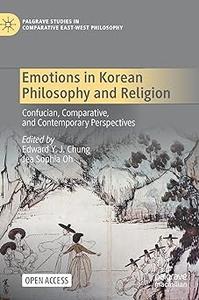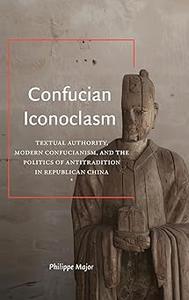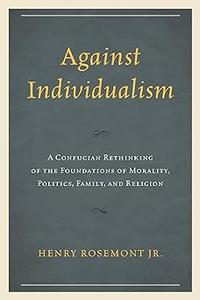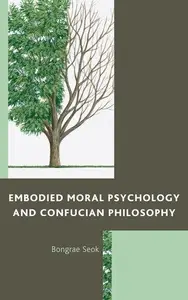
Free Download Embodied Moral Psychology and Confucian Philosophy By Bongrae Seok
2013 | 204 Pages | ISBN: 0739148931 | EPUB | 1 MB
This is a book about the body and its amazing contribution to the moral mind. The author focuses on the important roles the body plays in moral cognition. What happens to us when we observe moral violations, make moral judgments and engage in moral actions? How does the body affect our moral decisions and shape our moral dispositions? Can embodied moral psychology be consistently pursued as a viable alternative to disembodied traditions of moral philosophy? Is there any school of philosophy where the body is discussed as the underlying foundation of moral judgment and action? To answer these questions, the author analyzes Confucian philosophy as an intriguing and insightful example of embodied moral psychology.
